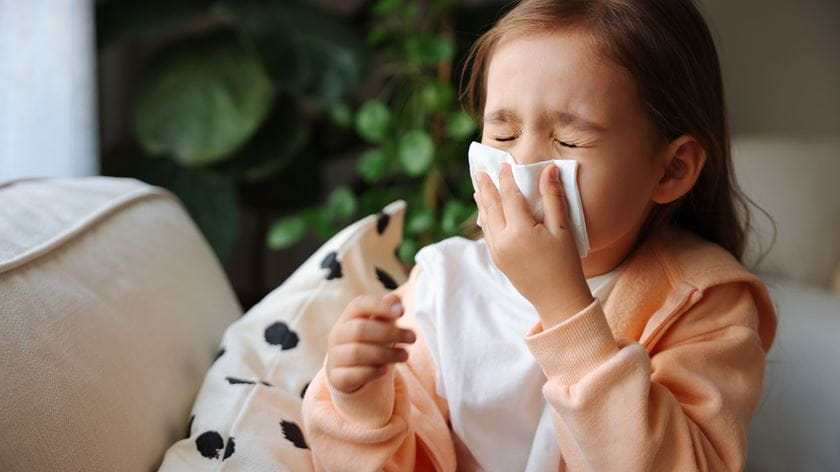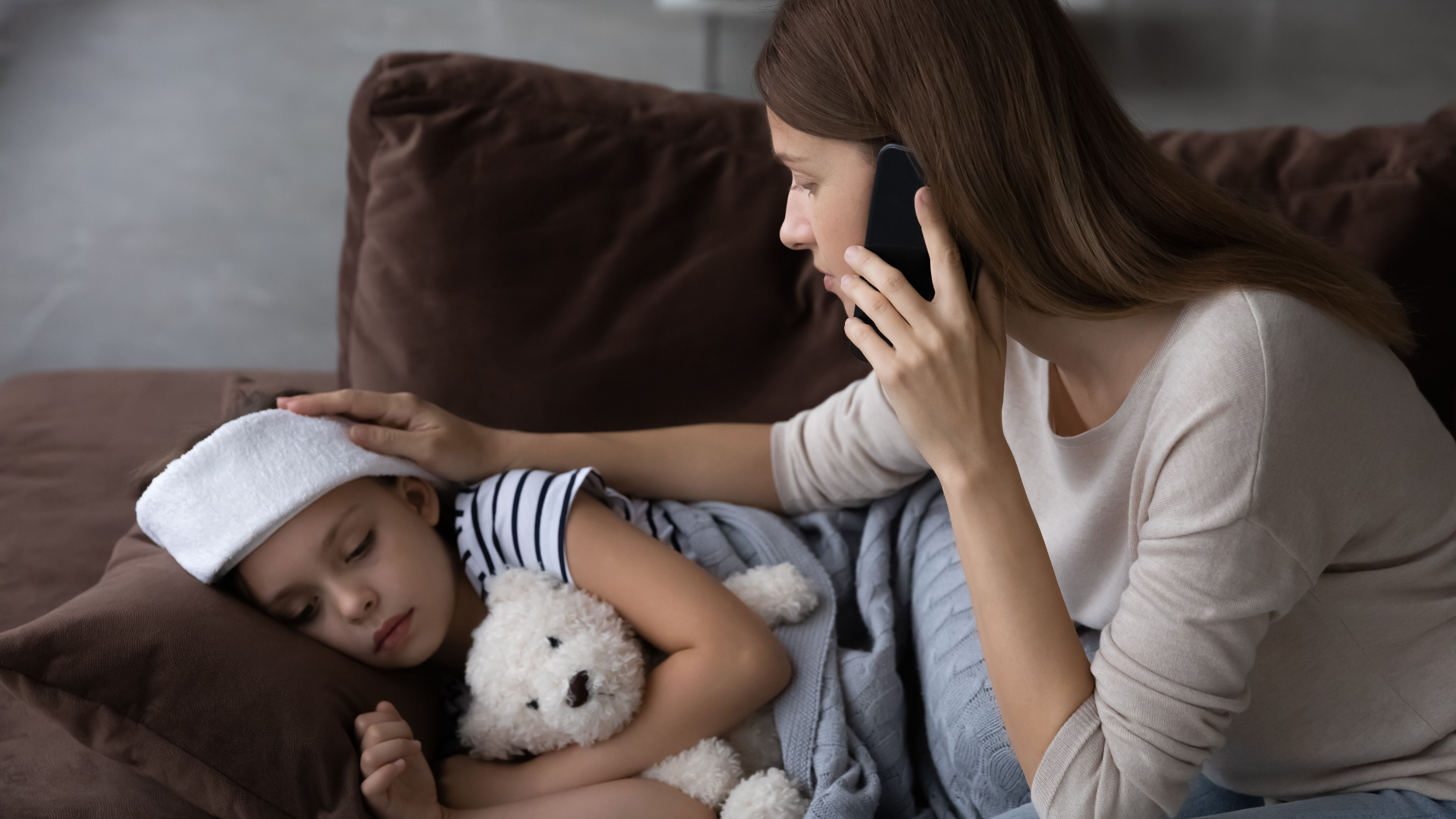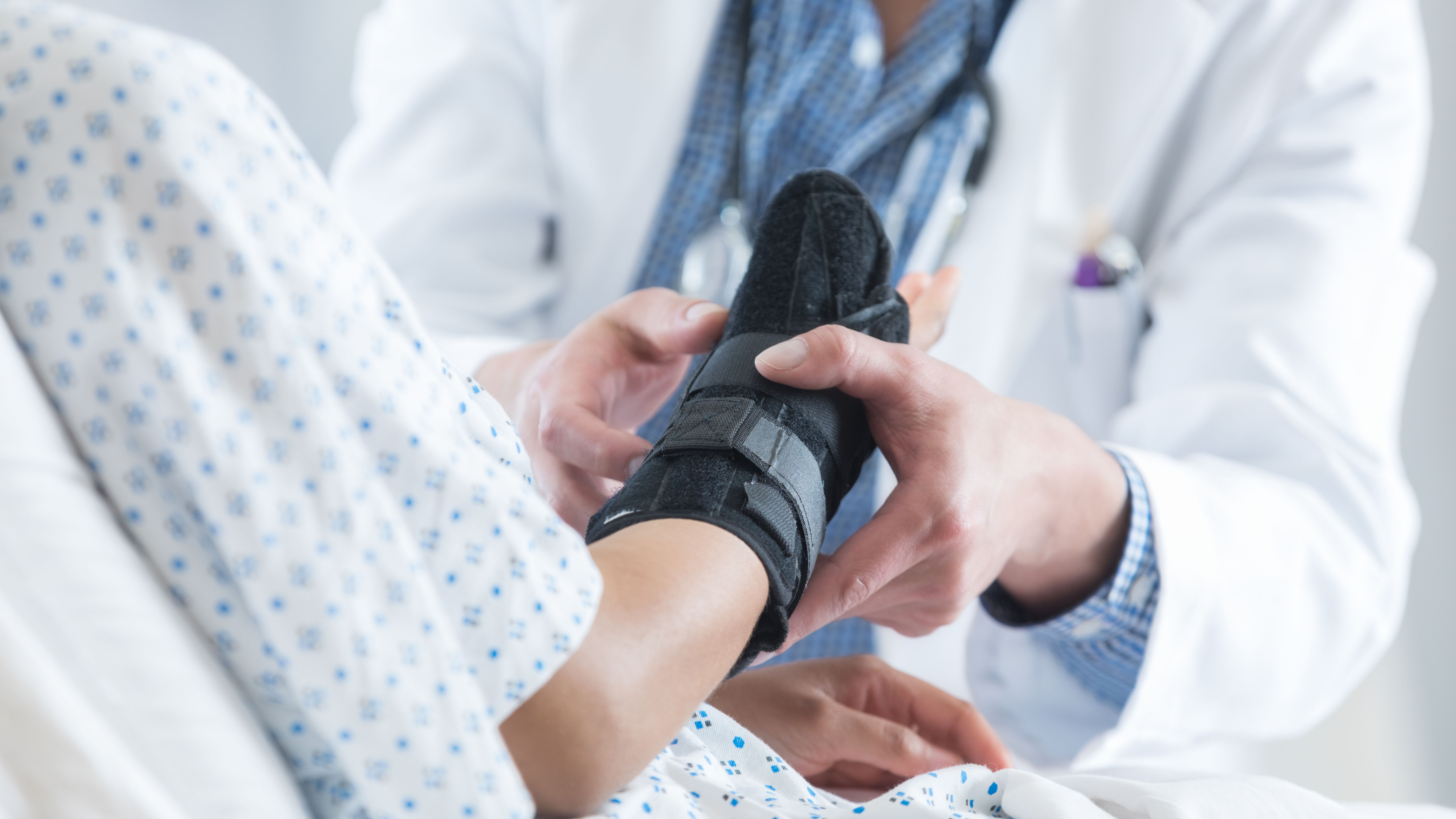How Often Should You Go to the Pediatrician for Check-Ups
All children need to see their pediatrician regularly. Well-child visits help keep kids healthy and strong. Try to schedule well-child check-ups at the following ages in addition to any other times requested by your provider.- Newborn
- 2 months old
- 4 months old
- 6 months old
- 9 months old
- 12 months old
- 15 months old
- 18 months old
- 2 years old
- 2 1/2 years old
- Yearly 3+ years old






